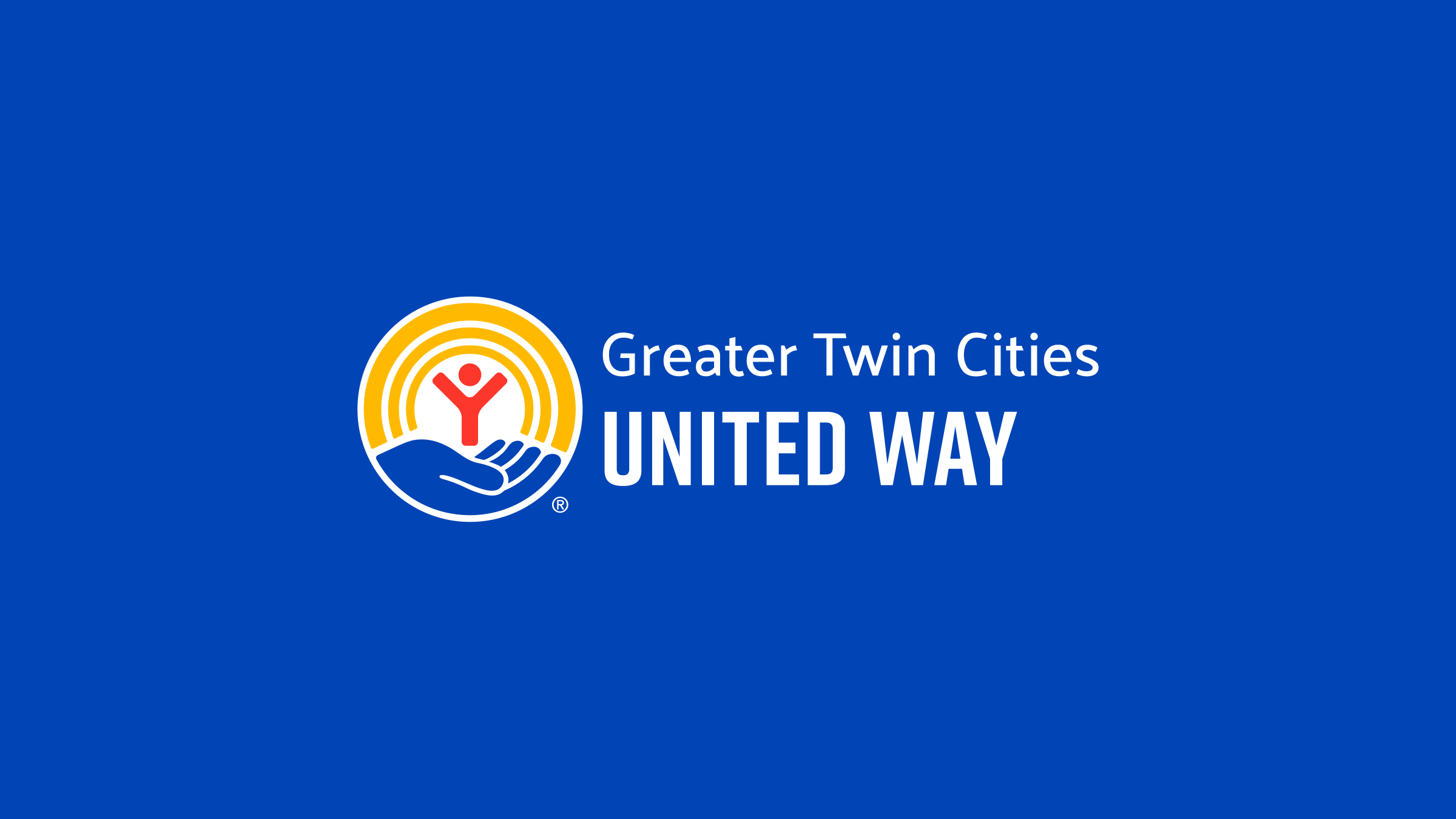
The irony is notable: While we are hyper-connected digitally through social media and virtual forums, we find ourselves far less connected to one another on a personal level. The pandemic has fueled insular bubbles of “like-mindedness,” driving a growing sense of polarization, which we see play out every day in the media and cities across the country.
We know that holistic, cross-cutting solutions are necessary to truly advance impactful, transformative change. Greater Twin Cities United Way serves collectively as a bridge builder, nonprofit and business partner, innovator and advocate to bring unique and tangible value to our community.
Meaningful disruption requires a shift from a mindset of charity to one that is rooted in justice, and a justice lens is required to catalyze transformation among the community conditions that hold inequities in place. For us, justice also looks like curiosity about the root causes of inequity and deliberate exploration of ways to thoughtfully activate our own platform to advance transformation toward social change. By building and leveraging strategic partnerships, we are changing the way we work and leading the co-development of holistic solutions to help solve the complex problems facing our communities.
Our Community Connection Series is designed to amplify the work of our nonprofit partners, connect varied stakeholder groups and bring community closer to the work of United Way. In our most recent conversation, we focused on the transformation happening as a result of our many partnerships across the region and state.
Through meaningful relationships with state and local agencies, our 211 resource helpline and Suicide Prevention Lifeline have increased access for more than 100,000 Minnesota households to navigate local resources and stabilizing services. This is especially notable for housing-related needs, which have steadily risen due to the pandemic and ongoing lack of affordable housing. Rachel Robinson, Deputy Commissioner for Minnesota Housing, and Jen Romero, Housing Coordinator for Carver County, shared the unique ways we work together to meet community housing needs and prevent homelessness.
In our nonprofit partnerships and innovation breakout, Ekta Prakash, CEO of CAPI USA, and Gabrielle Grier, Managing Director of Juxtaposition Arts, shared insights on how, together, we are leading and driving transformation. “Our value is embedded in community,” shared Ekta. Examples included our work to co-create grant outcomes with funded partners, the incorporation of community reviewers in grant selection, and a shared focus on racial equity to drive impact.
Advocacy is critical to leveraging policy change to address root causes to the disparities we see play out every day in our state. Susie Brown, President and CEO of the Minnesota Council on Foundations, and Megan Jekot, Advocacy and Civic Engagement Program Manager for Saint Paul Promise Neighborhood, shared the importance of transformation by working across philanthropy to support critical sector needs and leading with community voices to inform effective policy solutions.
Jacqueline Berry, Global Communications Manager for 3Mgives, and Nicole Hansen, Executive Director of Securian Financial Foundation, shared how thought leadership across our business partnerships have transformed and aligned how we do our work. Our unique relationships have informed and advanced new, innovative solutions while also anchoring on a foundation of trust as partners and corporate leaders. “Partnership with Greater Twin Cities United Way needed to happen, and the result has been incredible,” shared Nicole.